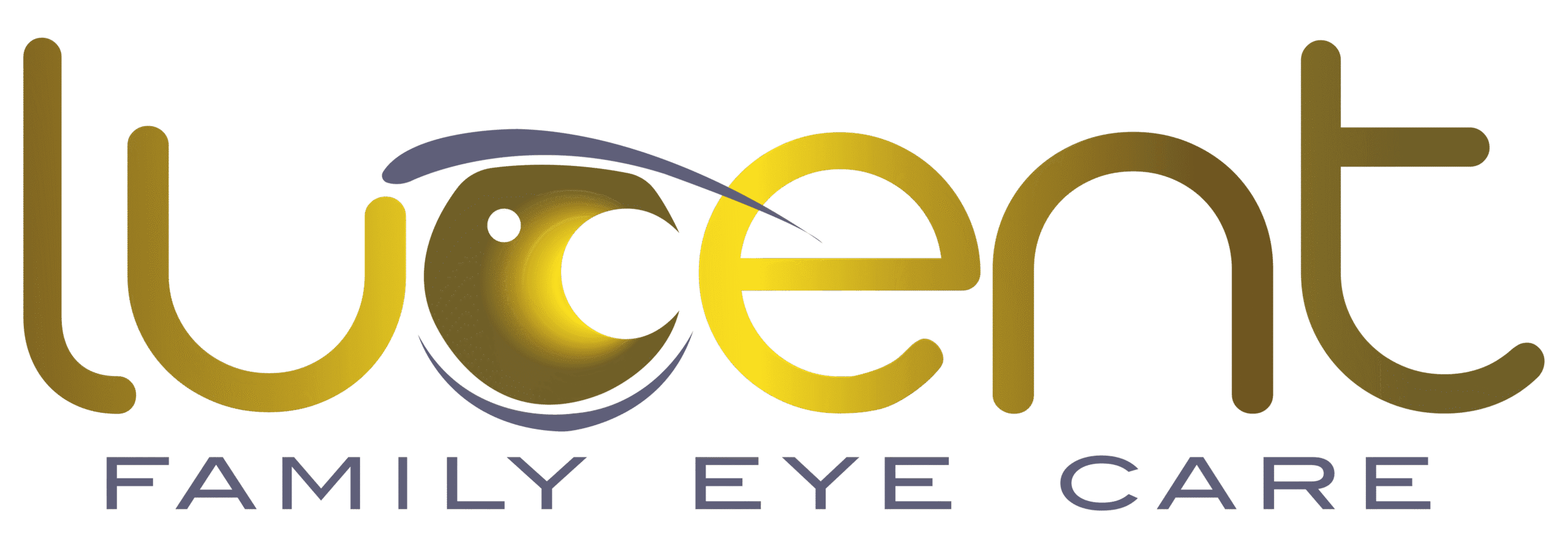
Close



Children’s vision is often overlooked, as young patients may have difficulty expressing their visual experiences in a way that adults can understand. Recognizing vision issues in children requires careful attention to subtle signs and symptoms.
As a child’s eyes develop, a variety of vision problems can occur. Beyond refractive errors such as nearsightedness (myopia) and farsightedness (hyperopia), children may experience other visual or perceptual conditions that are not always detected during routine vision screenings. These can include astigmatism, amblyopia (lazy eye), strabismus (eye misalignment), convergence insufficiency, and difficulties with visual processing or tracking.
Early detection and comprehensive eye examinations are essential to identify and address these issues, supporting your child’s visual development and overall well-being.
When you book your appointment at Lucent Family Eye Care, we’ll ask for a few details to ensure a smooth check-in process.
Be ready to provide your:
To make the most of your visit, we ask patients to bring the following:
We recommend arriving 5–10 minutes before your scheduled time. This allows us to check you in, update any information, and begin your pre-testing without feeling rushed.
Parking is available both on the street (free) and in a paid parkade downstairs, so plan accordingly.
Before you see the optometrist, you’ll go through pre-testing with our trained staff. These quick, non-invasive tests help us assess your eye health and vision needs.
What happens in pre-testing?
All of these tests are completely painless—you’ll simply look into a machine while it does the work.
Once pre-testing is complete, we send the results to your optometrist, who will review them before your exam begins.
After pre-testing, you’ll meet with one of our experienced optometrists for the main portion of your eye exam. This is where we assess your vision and overall eye health in detail.
Here’s what to expect during your consultation:
Throughout the exam, we explain each step in clear, simple terms so you always know what’s happening. Our goal is to make the process as comfortable and informative as possible.
At the end of your exam, your optometrist will go over your results and recommend the best course of action based on your needs.
This may include:
If glasses or contact lenses are needed, our team can help you explore a wide selection of frames and lenses tailored to your lifestyle and vision needs.
Regular eye exams are essential for maintaining clear vision and long-term eye health. Whether you’re due for a routine check-up or have specific concerns, Lucent Family Eye Care is here to provide expert, compassionate care for you and your family.
Schedule your appointment today and experience the difference of modern, patient-focused eye care.